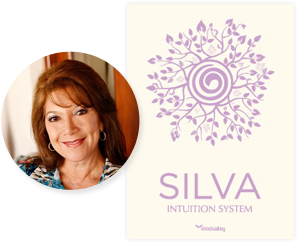Skillful means in Buddhism are practices which promote listening deeply to others, understanding their suffering, and recognizing their different needs.
Some people may need to appeal to the bodhisattva of compassion, Avalokiteshvara to assuage their pain and suffering.

Thich Nhat Hanh in Plum Village | Photo Jerome Freedman 2000
Others may simply need a compassionate listener to express their feelings.
Skillful means enhance our social connections with others and promote a healthy society.
There are many ways to practice skillful means.
Skillful Means
This talk by Zen Master Thich Nhat Hanh identified four primary skillful means of the bodhisattva.
A bodhisattva is someone who forgoes complete enlightenment in order to help other people awaken.
They apply the teachings of skillful means to help other people.
The bodhisattva, the ultimate master of skillful means, is not limited to one way of doing things, but takes many forms: child, adult, man, woman, artist, politician, musician, teacher, police officer, CEO. In practicing skillful action, we need to be ready to emerge in many guises, able to adapt to whatever the circumstances require.
Buddhism speaks of the four skillful means of a bodhisattva. The first skillful means is making the three kinds of offerings: material gifts, the gift of the dharma and the gift of non-fear. When you offer good things to people, they have sympathy with you, they regard you favorably and their hearts are open. Giving someone a book on the dharma, or a CD of some beautiful music that can help them relax – this is the practice of giving, dana. But the offerings of a bodhisattva should not be only material things or dharma teachings. The best, most precious gift we can give someone is the gift of non-fear, abhaya.
People live in fear of death; they are afraid of losing their selfhood, their identity, afraid of disappearing and becoming nonexistent. So when you offer the kind of teaching, practice and insight that helps someone touch their ultimate dimension and get free of the fear of being and nonbeing, that is the greatest gift you can offer them.
The second skillful means of the bodhisattva is to practice loving speech. You can be very firm and uncompromising, but you can still use loving speech. You don’t have to shout or become hostile to get your idea across. Loving speech can convey your feeling and idea to the other person in a way they are able to hear it and take it in more fully.
The third skillful means is to always act to benefit others. You do whatever you can to help the other person in any situation. That is the action of the bodhisattva.
The fourth skillful means is the practice of “doing the same thing.” This has to do with the bodhisattva’s ability to take on the appropriate form in order to be able to approach others and help them. You look like them, dress like them, do exactly what they do; you become one of them so that they will trust and accept you and have the opportunity to learn the path of understanding and love. These are the four skillful means by which the bodhisattva embraces and serves living beings.
You, too, can be a bodhisattva!
You can learn to help people in the above ways using skillful means.
You don’t have to be or become a Buddhist to do this.
Just think of the heroic fireman who helped out at the destruction of the World Trade Center.
Or Mahatma Gandhi walking all over India to inspire people to be independent.
There are many examples of the use of skillful means, and I’m sure you can think of one.
Please share your use of skillful means below.
The Heart of Buddha’s Teaching is a fine book to learn about skillful means and other teachings of the Buddha.








You must be logged in to post a comment.